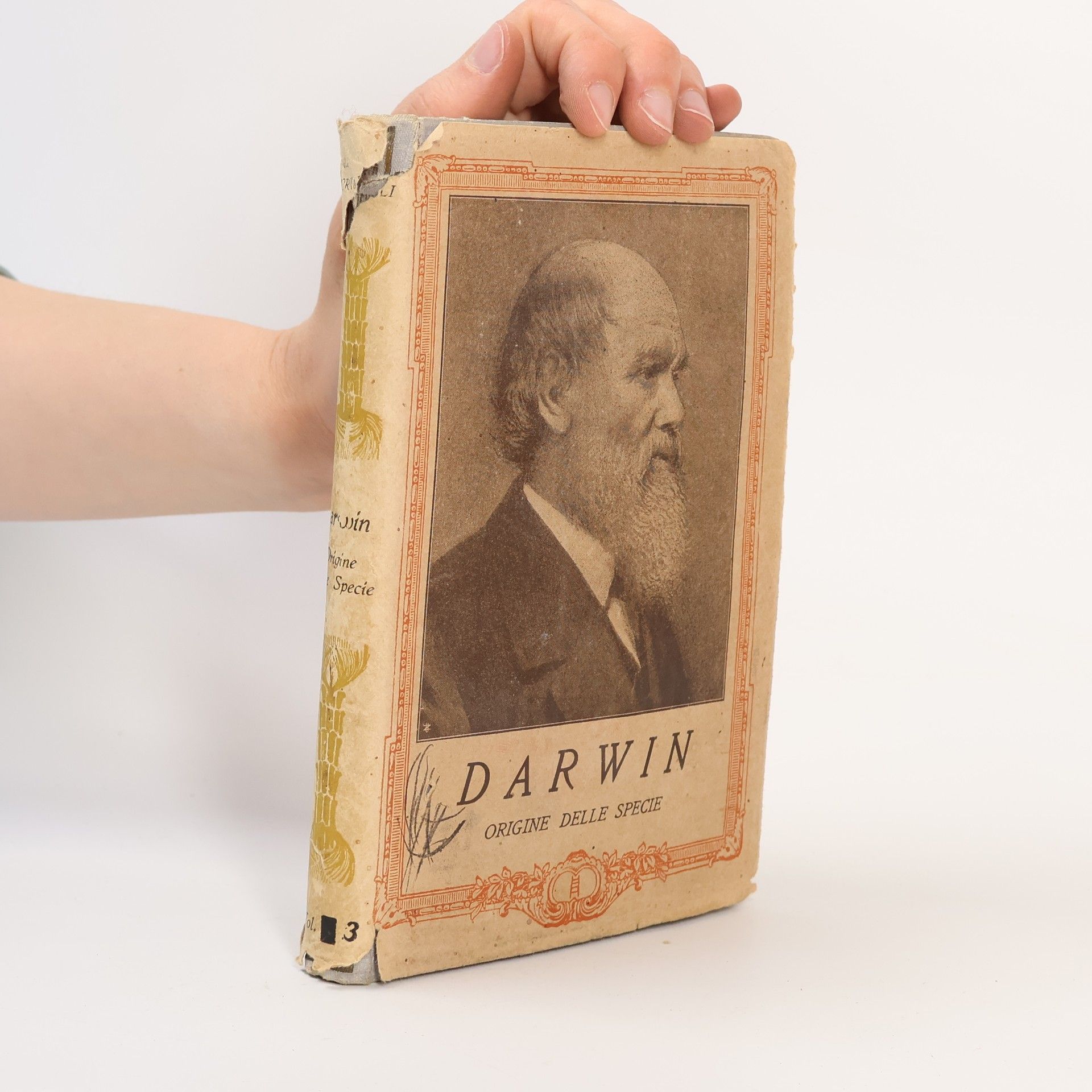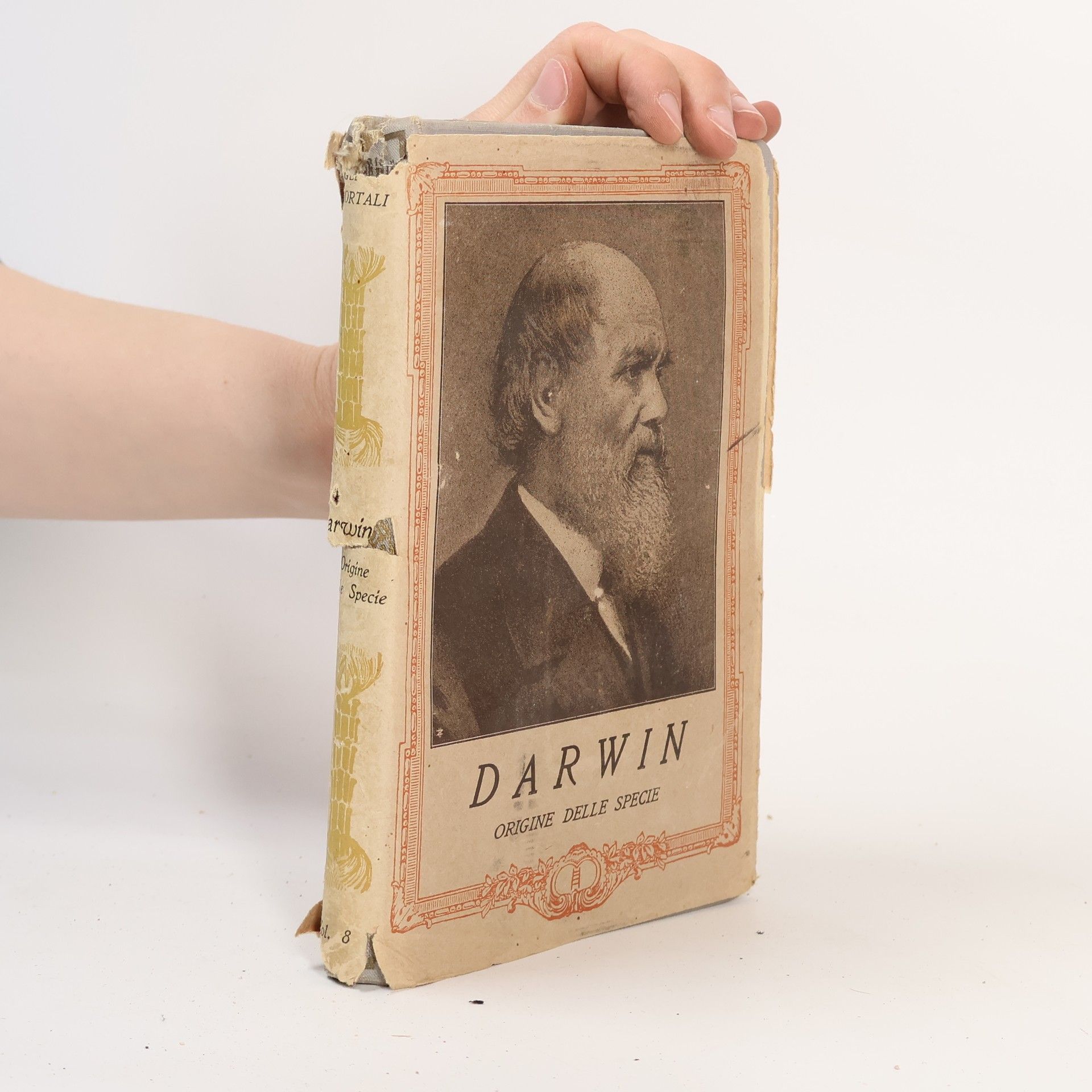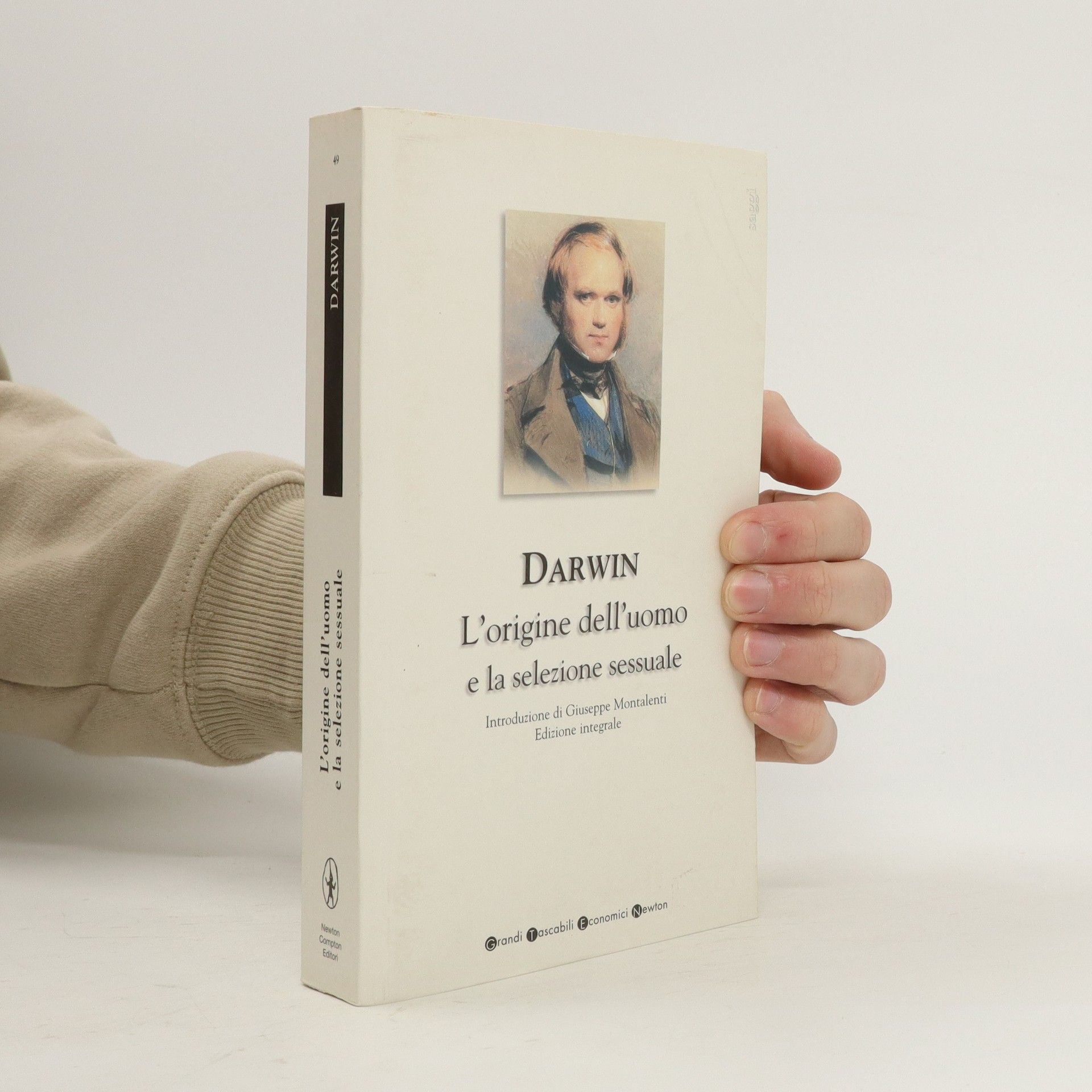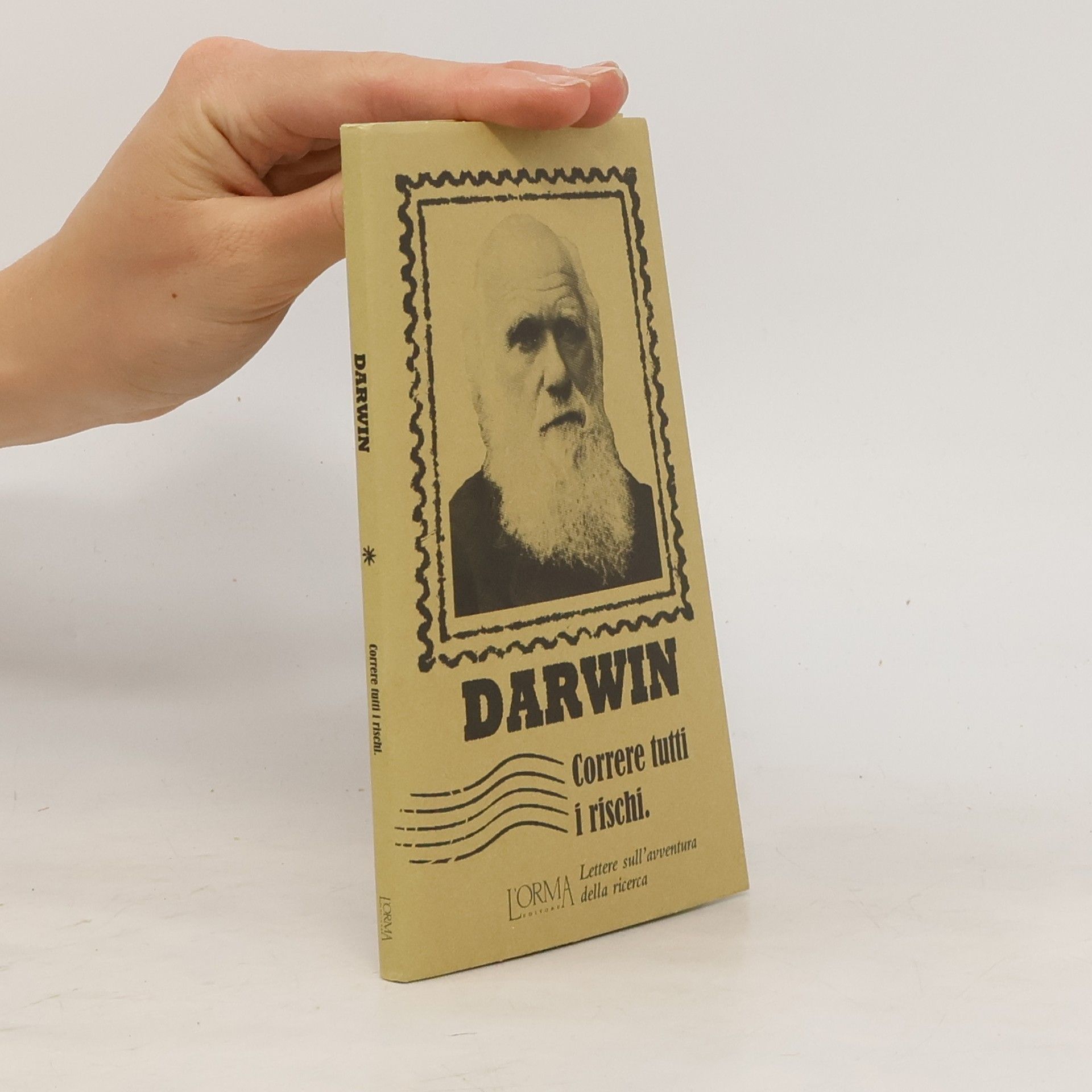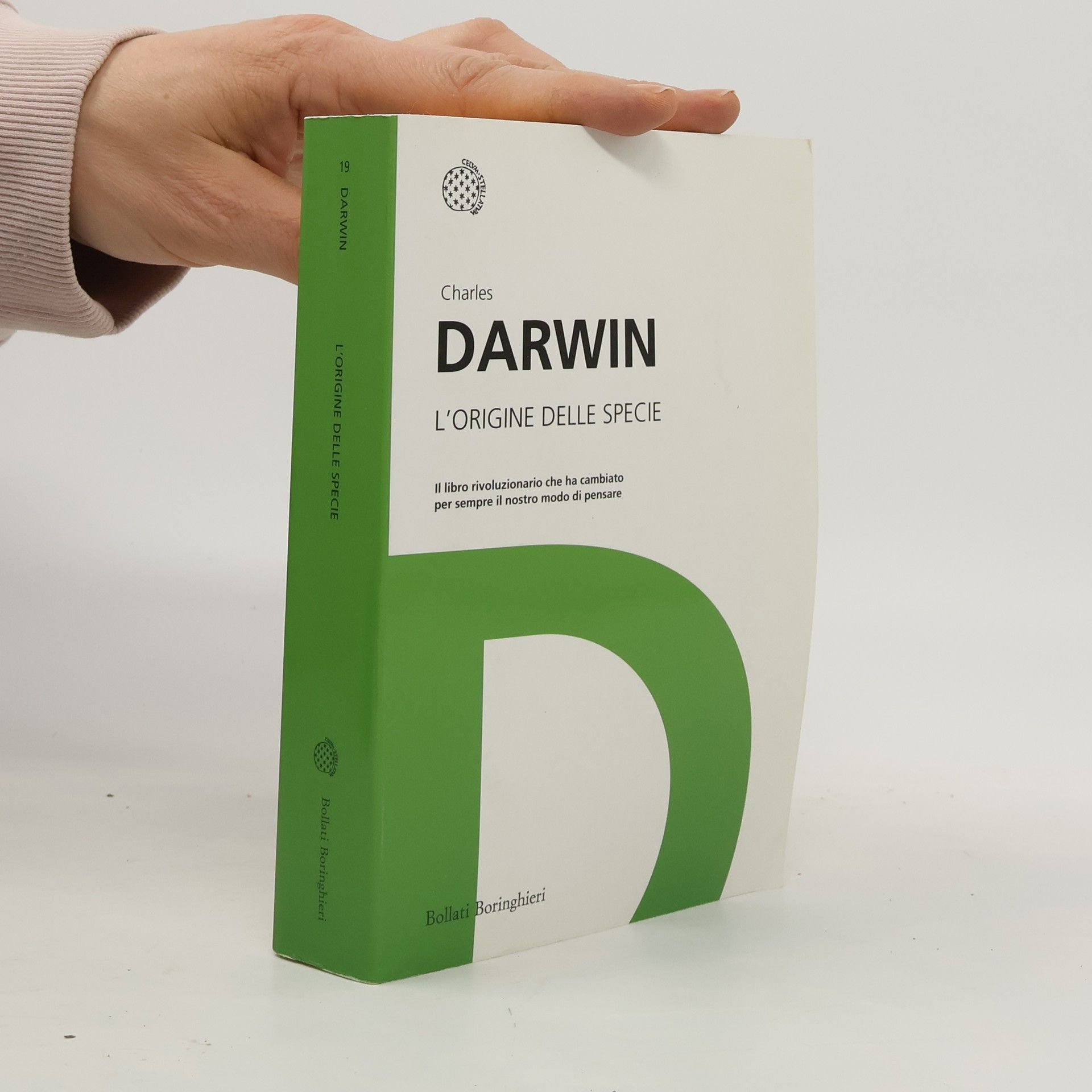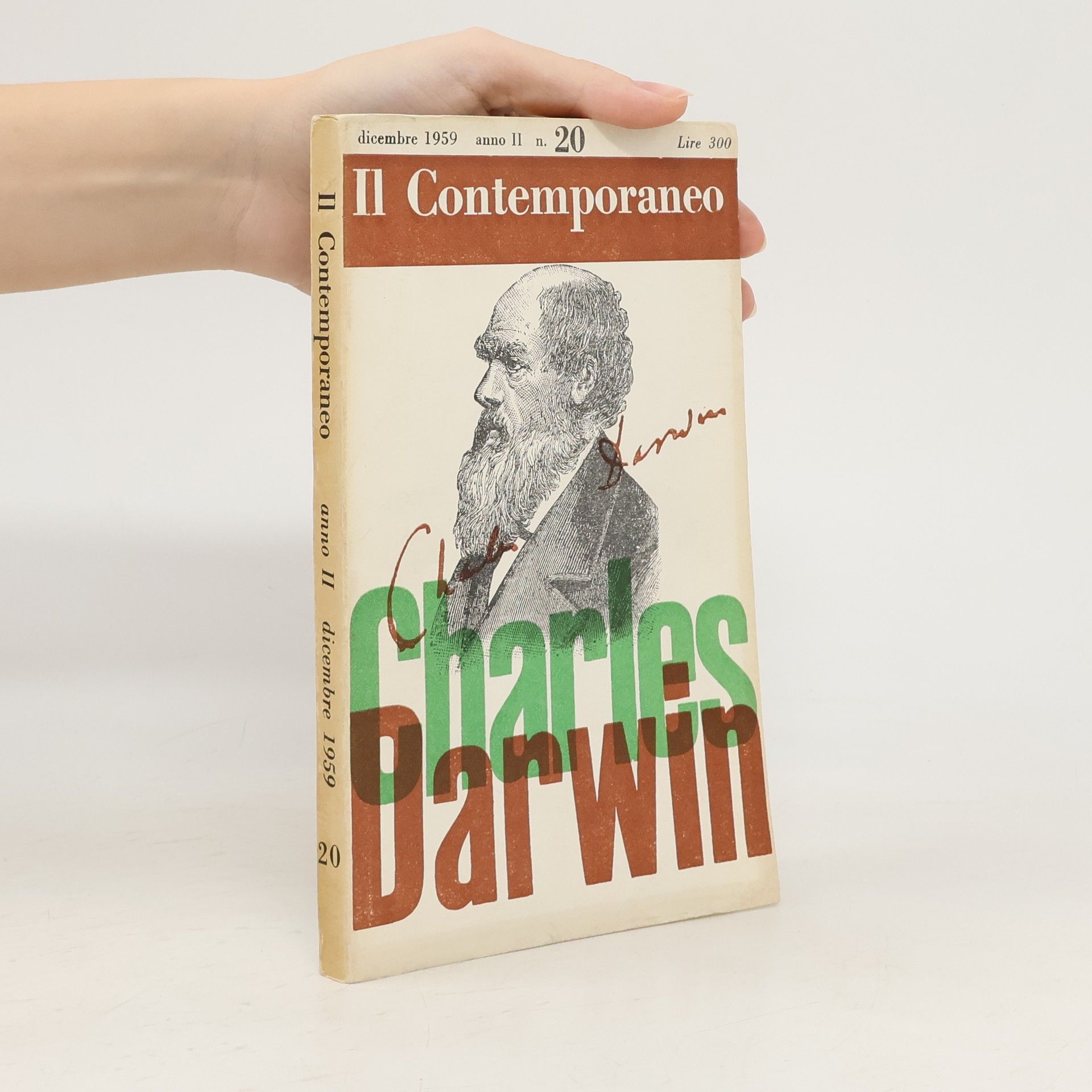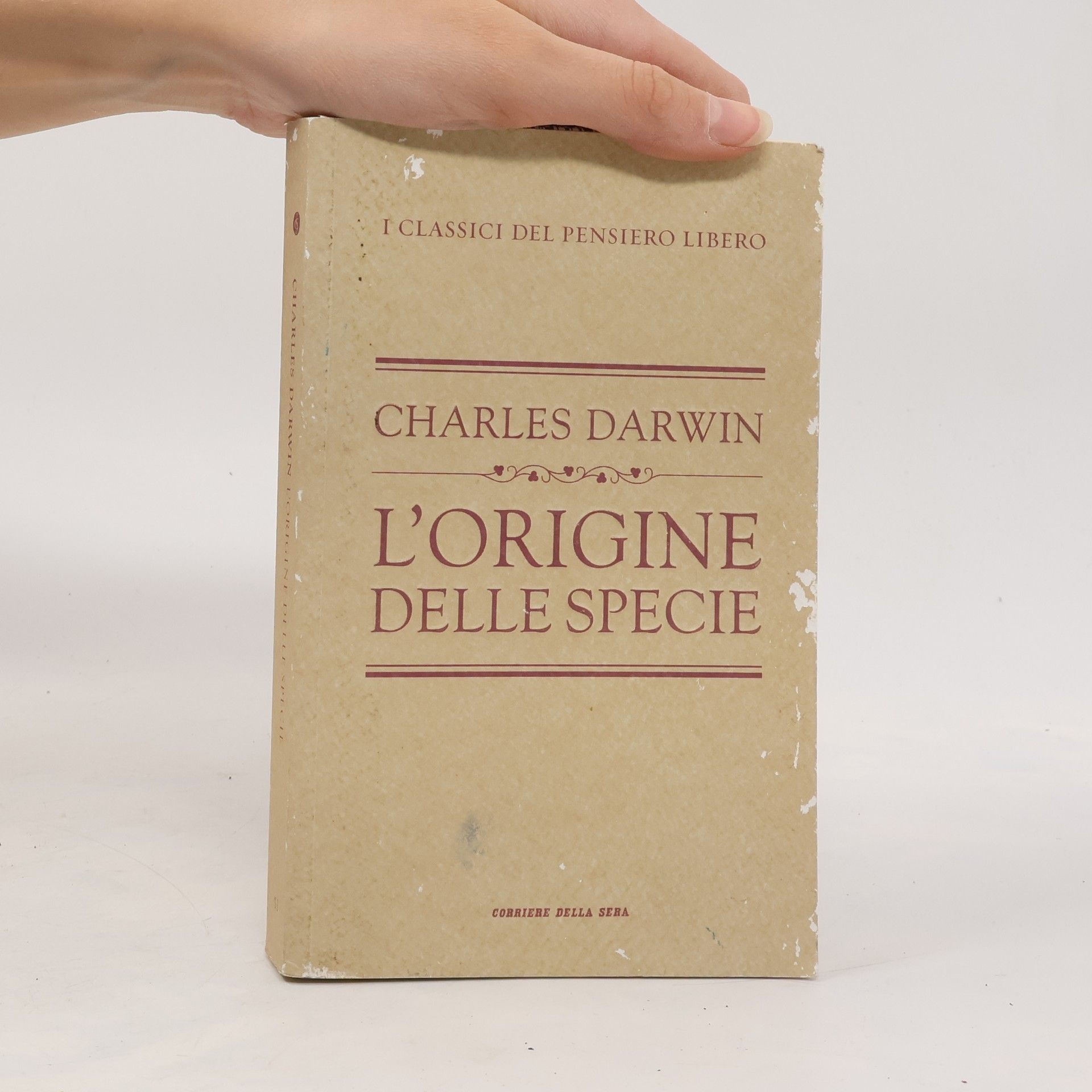I grandi pensatori: L'origine delle specie
- 581pagine
- 21 ore di lettura
Pochi libri hanno avuto nella storia un’influenza tanto radicale, capillare e duratura come L’origine delle specie di Darwin. Rielaborato e meditato per quasi vent’anni nella quiete della campagna inglese, alla sua pubblicazione, nel 1859, questo capolavoro della letteratura moderna ha cambiato per sempre il nostro modo di vedere il mondo, segnando da allora un «prima» e un «dopo». La teoria della selezione naturale, proposta in queste pagine, è alla base della moderna biologia evoluzionistica, ma da molti decenni ormai è entrata a far parte del nostro bagaglio culturale più ampio, ben al di là del suo merito scientifico. E, come per tutti i classici, la sua attualità non tramonta e continua a stupire.

